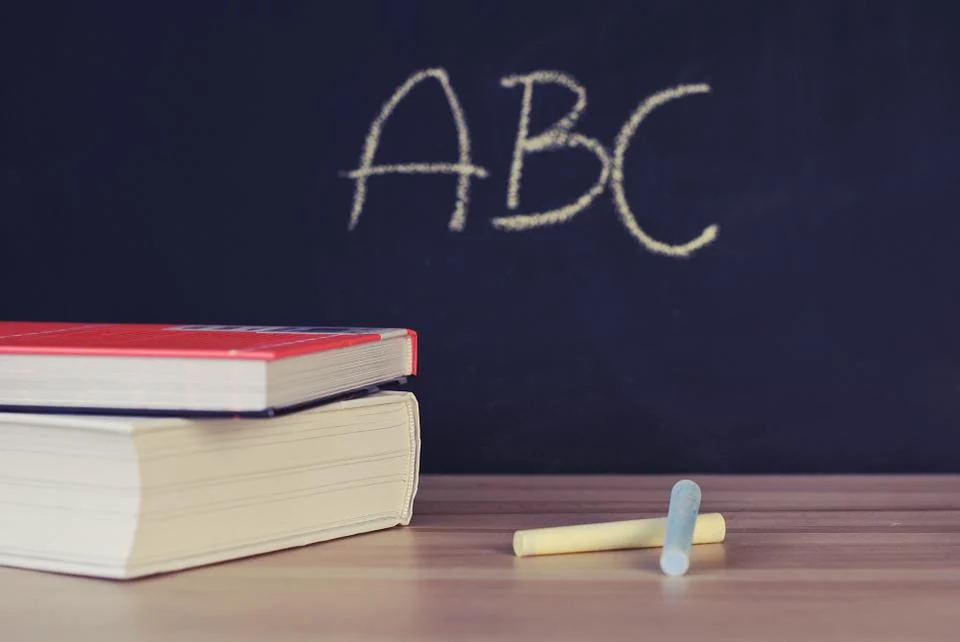In Dallas, activists want to “Drag Your Kids to Pride,” hosting a drag show that had children tipping adult men in g-strings with dollar bills. Hyper-sexualized performers have made “Drag Queen Story Hour” a fixture at some public libraries in Texas. Willis ISD even brought in a drag queen to teach make-up techniques.
What’s going on in our communities, our public libraries, and our public schools? For now, let’s focus on our schools—which should be where our children learn to read and write and do math, not where they learn to march in gay pride parades, as happened in Austin recently.
Now, I couldn’t be more proud of the public schools in House District 10 and have chosen to send my kids to Midlothian ISD, which is providing a quality education to students here that ranks “far above the state average in key measures of college and career readiness,” according to Great Schools, a nonprofit ranking agency.
But not every family in Texas has such bright prospects; let’s look at Austin, where just before the most sacred holiday to many Texans, a parent dressed as the Easter Bunny passed out condoms to elementary school students.
When I ran for the state Legislature, parent empowerment was the defining issue. I was advised to avoid speaking about it but unapologetically championed empowering parents through school choice. There is nothing more immoral than telling poor families, who are trapped in schools that have stopped educating in favor of liberal indoctrination, that they just have to suck it up. I was viciously attacked with tactics that have historically worked to defeat champions of choice, but I won by 11 points.
Although Austin ISD officials distanced themselves from that Easter fiasco, they still brought in highly sexualized drag queens to perform for elementary school students. No matter how you feel about drag queens, it should be uncontroversial that tax dollars shouldn’t be used to pay for their performances to young school children.
Shouldn’t we use every tool available to us to ensure that every Texas child receives an education—not indoctrination? That’s why I am committed to making education reform and parent empowerment one of the most important legislative items in the next session. It is the civil rights issue of our era.
We all know how difficult the past two years have been on Texas school kids; the most recent STAAR tests demonstrate this. According to the Texas Education Agency, “The negative impact of COVID-19 erased years of improvement in reading and math.” Overall, only 35 percent of our kids statewide are doing math at grade level or above.
What’s more, we know that kids who fall behind have an incredibly difficult time catching up. As TEA notes, “95% of the students who were behind in third grade reading in 2017 did not catch up by fifth grade.”
We must break the destructive link between a child’s address and his or her educational prospects—a new form of “redlining” that locks out opportunity for far too many Texas children.
So, Texas must consider doing what 31 other states are doing—funding students, instead of systems, and allowing parents to make the best educational decision for their child. As a father of four, I know there is no one-size-fits-all approach when dealing with children. That’s true with their education as well.
Since most ISDs can act as monopolists, it’s no wonder they’re willing to (probably illegally) waste resources on drag queens instead of more math tutors. There should be financial costs to funding anything that does not maximize educational outcomes for students.
An Austin ISD spokesperson claimed the district “hasn’t received any complaints from Austin ISD parents.” At the same time, the district just can’t figure out why it loses more and more students, year after year—even as the city’s population booms.
Parent empowerment shouldn’t scare schools like those in my district; quality schools such as those in HD 10 will simply be unaffected. In most cases, they’ll remain the best choice, in the opinion of parents.
But it’s important that the parents are the ones making that choice. Improving education quality—for all Texas students—must be the signature issue of the next legislative session. Families are counting on us.
This is a commentary published with the author’s permission. If you wish to submit a commentary to Texas Scorecard, please submit your article to submission@texasscorecard.com.




